Tarantino Pulp Fiction Dispute Spotlights the Contentious Relationship between NFTS and IP Rights
IP Watchdog
NOVEMBER 18, 2021
Director Quentin Tarantino’s 1994 Pulp Fiction, considered among the most influential films in modern history, has emerged as a test case of sorts for issuing non-fungible tokens (NFTs) that relate to a copyright-protected work. The lawsuit, filed in the U.S.

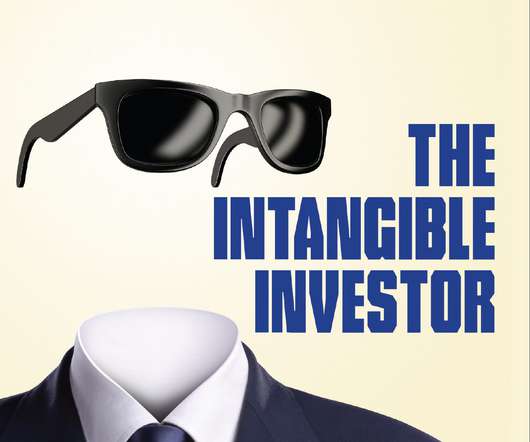
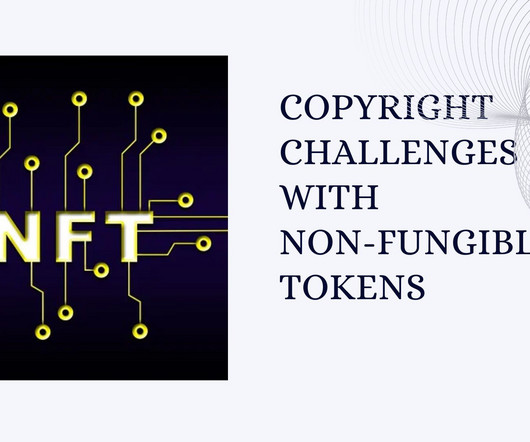

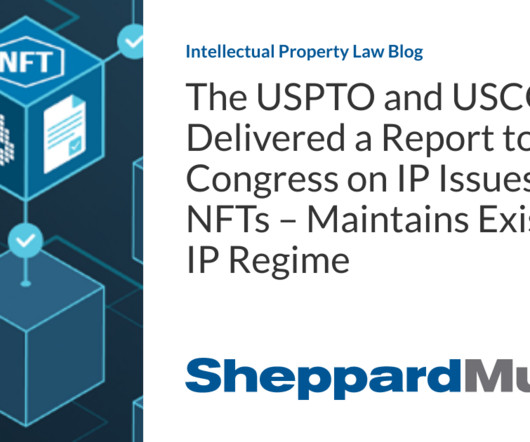
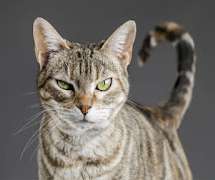
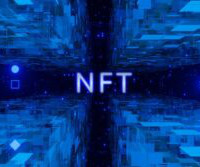
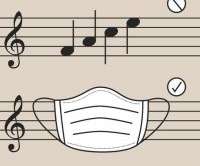
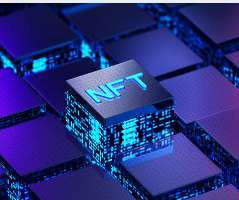
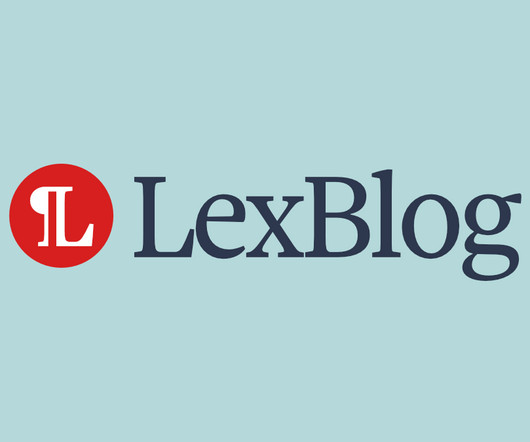
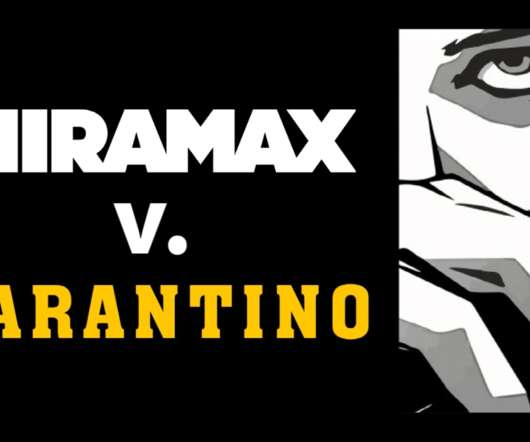
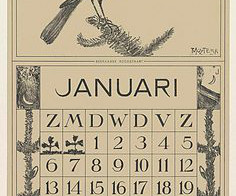
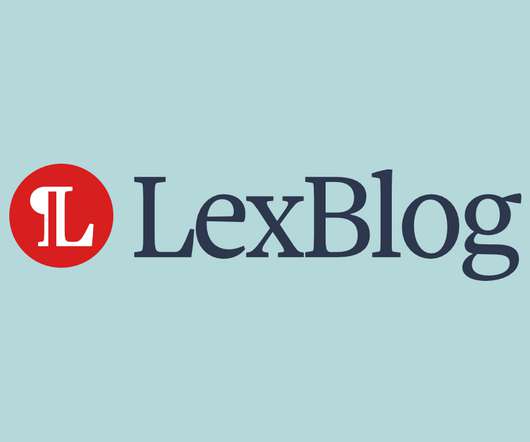








Let's personalize your content